What You Should Know About the HPV Vaccine
HPV, or Human Papillomavirus, is a common but often misunderstood infection that impacts millions of people globally. It’s one of the most widespread sexually transmitted infections (STIs), and can lead to serious health problems, like certain types of cancer. Learning more about HPV can help people understand why getting vaccinated is so crucial in fighting against its spread and the diseases it can cause.
HPV Vaccine
Vaccines save lives in many ways, but the HPV vaccine and the virus it prevents is a little different.
What is the HPV vaccine?
The HPV vaccine protects against the human papillomavirus (HPV). This is a sexually transmitted infection and is extremely common. Almost everyone will be exposed to HPV at some point in their lives. Typically, if you are exposed, your body will fight off the virus easily. But when that doesn’t happen, HPV can lead to cancer later in life. In fact, HPV is responsible for more than 95% of cervical cancer cases.
The two- or three-part HPV vaccine (depending on your age) is given to preteens and is covered by most insurance, including Medicaid/AHCCCS. If the patient is VFC eligible (18 years and younger with certain insurance criteria such as AHCCCS/no insurance/etc.), vaccinations are provided at no cost at NOAH.
Why is this vaccine so important?
The HPV vaccine provides coverage for nine strains of HPV which are linked to cervical cancer, anal cancers, and mouth cancers. Getting this vaccine protects against HPV and decreases the risk of future cancer. HPV vaccine is essentially a cancer vaccine.
Why does this vaccine start at 11?
HPV vaccines can start as young as age 9, but according to the American Cancer Society, preteens have the best immune response with this vaccine, and the vaccine works best when given before someone is exposed to the virus. If the vaccines don’t start until age 15, they will need three doses instead of two. Vaccines can be given up to age 26.
Both males and females need the HPV vaccine because it protects you and your partners from getting or passing the virus. It also prevents genital warts and some cancers which both males and females can get.
What if you are 26 years and older?
The vaccine is now approved up to age 45, but it is less effective after age 18. Discuss this with your doctor if you are interested. Most sexually active adults have been exposed to some, but probably not all, strains of HPV. If you haven’t received the vaccine and are over 26, the best way to prevent these types of cancers is regular physicals and screenings with your NOAH provider.

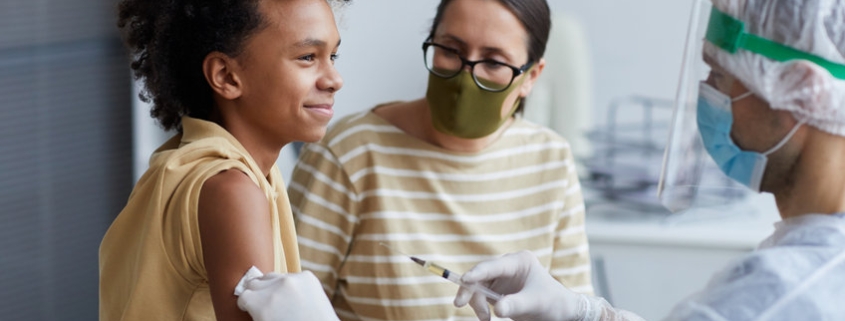
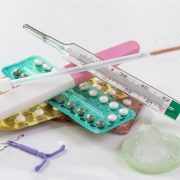
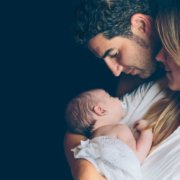

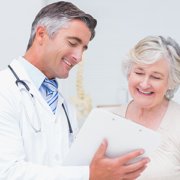
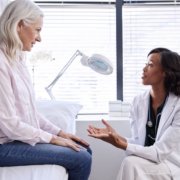
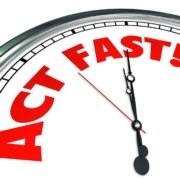



Trackbacks & Pingbacks
[…] Dr. Marissa Jacobs on the NOAH blog this week! This three-part series highlighting Cervical Cancer, HPV, and Contraceptives is a wealth of information that connects the dots between these […]
Comments are closed.